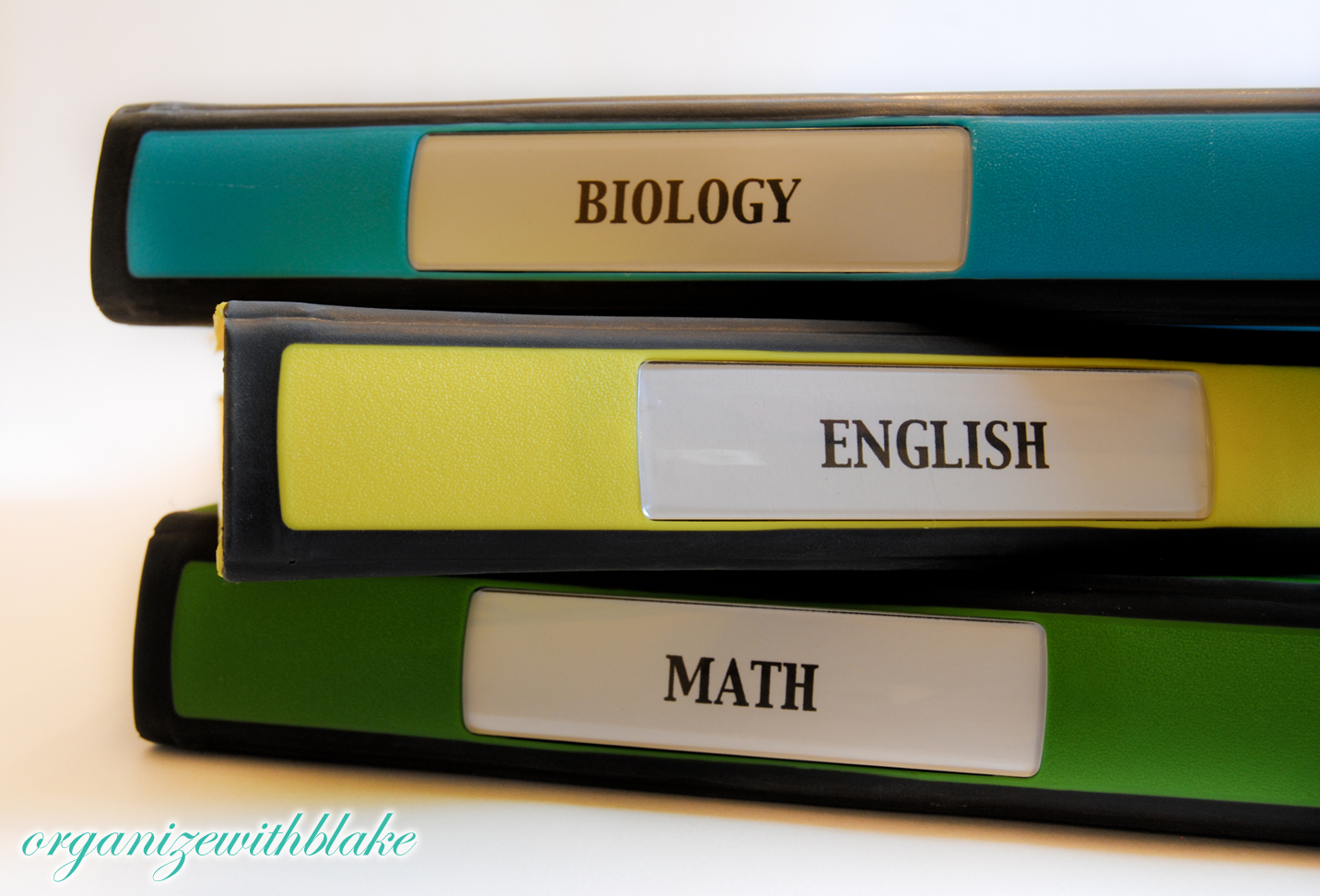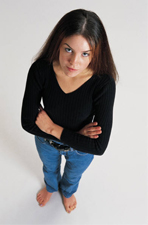A Happy Home for the Child With
Learning Differences
MANY learning disabled children have executive functioning disorder and organization comes hard to them. Everyone from teachers to the nice old lady across the street will tell them they need to "get organized." But if the child isn't able to think that way, that advice is frustrating.

Don't tell them - TEACH them
PROBLEM:
What does it mean to be organized?

SOLUTION:
Talk about where things go and why - the toilet paper goes in the bathroom cabinet because we use it in the bathroom, mommy's keys go on the table, by the door so they are handy when she is ready to leave...

All kids, any age, with or without learning differences, will do better if they are taught how to organize, the earlier the better. Here's a lesson that can be taught to the very young: have them help you group like items into containers; markers, colored pencils, crayons, and colored chalk are good items to start with. Don’t be surprised if their groups are different than yours. My twins grouped by color - orange crayons, orange markers, orange chalk, and orange colored pencils in one container; blue crayons, blue markers, blue chalk, and blue colored pencils in another container. It wouldn't have been how I organized them, but it worked for their brains - and that's what counts.

Talk about all the ways items are similar and what approaches you might take to grouping them. Young kids usually love this. These simple sorting activities are building blocks to having an organized backpack, locker, and room.
PROBLEM:
Exploding backpack:
If you missed the early stage for organizing (of course, this never happened to me) and now have a kid that has a backpack of exploding papers, books, and random electronics, then a more aggressive approach may be necessary.
 :
:SOLUTION:
Have them dump the backpack on a large table and sit with them as they sort through and organize EVERYTHING.
BREAK IT DOWN
FIRST STEP:
SORT and separate everything into categories English, math, science, spanish and trash. Making piles for each subject.
FIRST STEP:
SORT and separate everything into categories English, math, science, spanish and trash. Making piles for each subject.

SECOND STEP:
Corral all of the papers for each subject into a binder with sections for handouts, homework, and tests as well as a spiral notebook (3-hole) that can be held in the binder to take notes. Yes, you can use loose leaf paper but the LD kid can't remember to refill it when they run out. They are more likely to replace a spiral notebook - it's easier. Have extras waiting in the homework supply area.
THIRD STEP:
Throw away left over unnecessary items.
FOURTH STEP:
Check the backpack at the end of every week, repeating steps 1-4 as necessary. My son needed reminders for YEARS before he could manage this on his own. But with repetition it happens.
PROBLEM:
Kids imitate what they see.
SOLUTION:
Practice what you preach.
Our children watch everything we do from a very young age. It is important that we are organized and in control of our environment. If this is something you struggle with ask an organized friend for help or hire a professional organizer.
Our children watch everything we do from a very young age. It is important that we are organized and in control of our environment. If this is something you struggle with ask an organized friend for help or hire a professional organizer.

Talk to your children about how you organize things: where does the mail go, how are the craft supplies organized, dishes and utensils?
PROBLEM:
THE RESISTANT CHILD
It's great to talk to your child about organization but what if he doesn't want to hear?

SOLUTION:
Skip the talk, take action.
Years ago my son was fighting any help with organization. So ... I took all the plates out of the kitchen and put them in the bathroom cupboard. When it was time to set the table, I asked him to please get the plates, explaining that they were now upstairs in the bathroom. He was annoyed and got even more indignant when he had to dig through cotton balls and hydrogen peroxide to get them. When he brought the plates down, lecturing me about how ridiculous is was to have to walk upstairs to get dinner plates out of the bathroom, I just smiled and agreed: huh. I guess it does matter where things go. No more argument.
PROBLEM:
THE RESISTANT CHILD
It's great to talk to your child about organization but what if he doesn't want to hear?

SOLUTION:
Skip the talk, take action.
Years ago my son was fighting any help with organization. So ... I took all the plates out of the kitchen and put them in the bathroom cupboard. When it was time to set the table, I asked him to please get the plates, explaining that they were now upstairs in the bathroom. He was annoyed and got even more indignant when he had to dig through cotton balls and hydrogen peroxide to get them. When he brought the plates down, lecturing me about how ridiculous is was to have to walk upstairs to get dinner plates out of the bathroom, I just smiled and agreed: huh. I guess it does matter where things go. No more argument.

If you are reading this and saying “Aahhh” my house is a wreck. It isn't organized at all”
Great! What an excellent way to open the discussion with your kids! Make it a family activity. Talk to your children about what areas of organization you struggle with. Ask for their input on organizational solutions. Ask them if the places where things are located seems logical. Our kids don’t need us to be perfect. In fact, it is often a relief that we aren't - reassuring them that they are normal.

Honestly -- I do not intend to make light of this issue -- but I kept substituting "husband" for "children." PUT MOMMY'S KEYS BACK.
ReplyDeleteHeh. heh. Clearly it applies to more than just our children! But, at least we have a shot at training them.
ReplyDelete